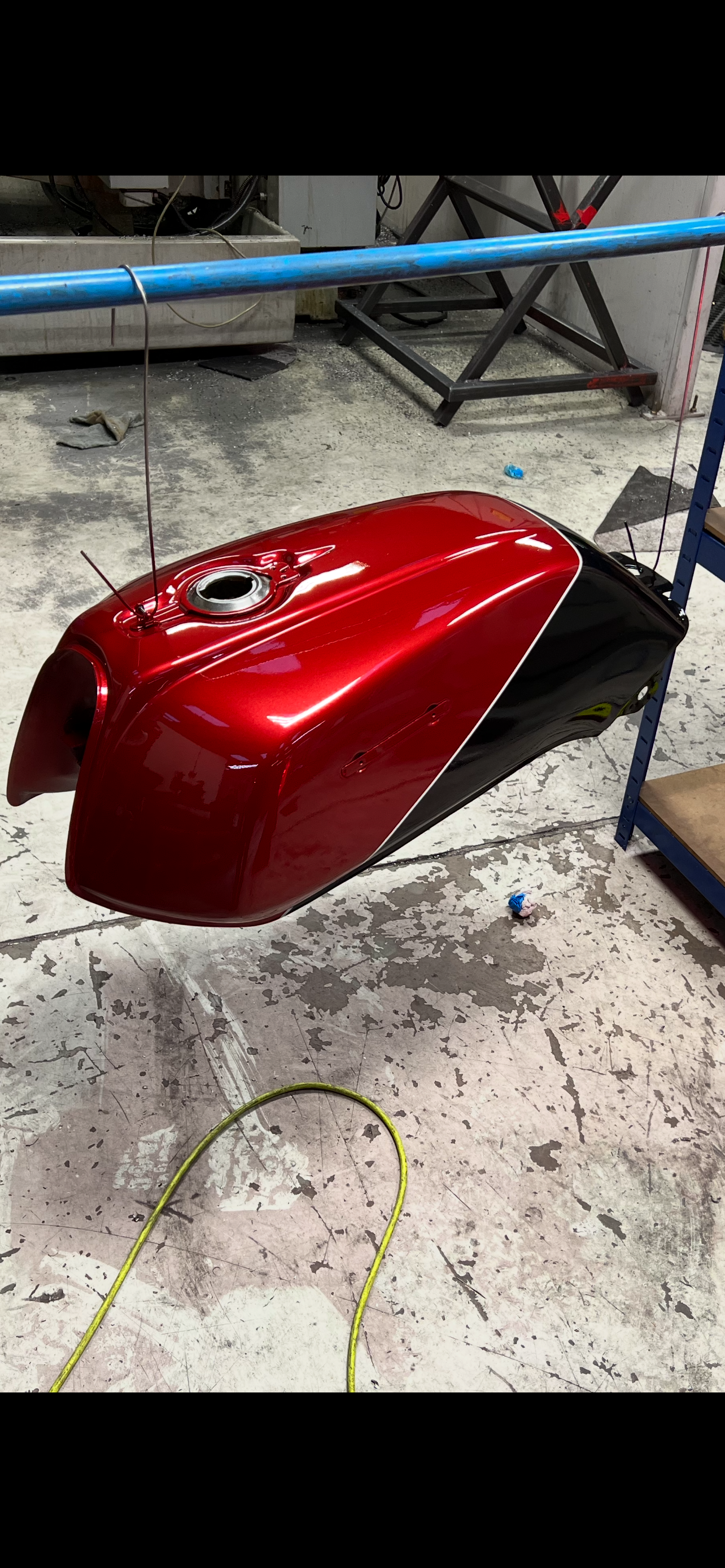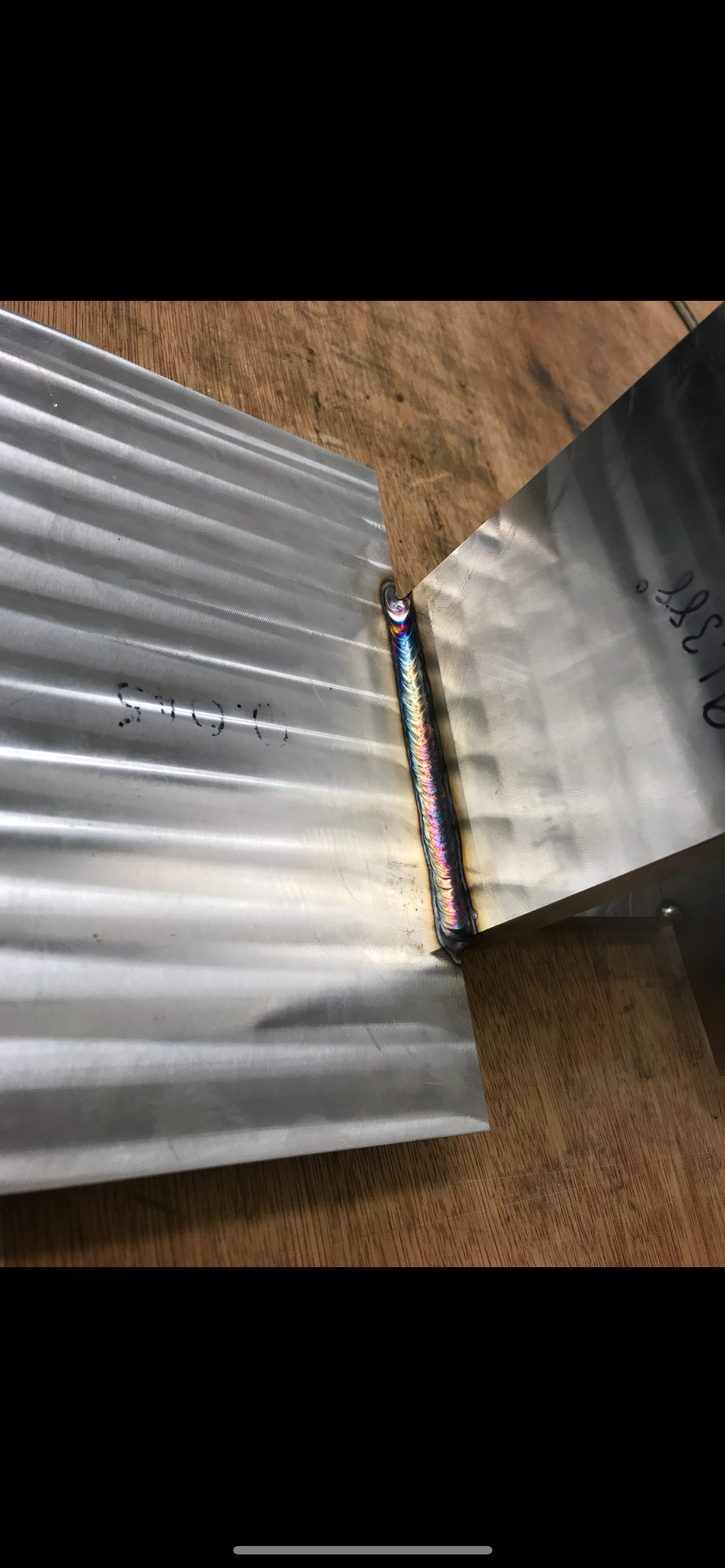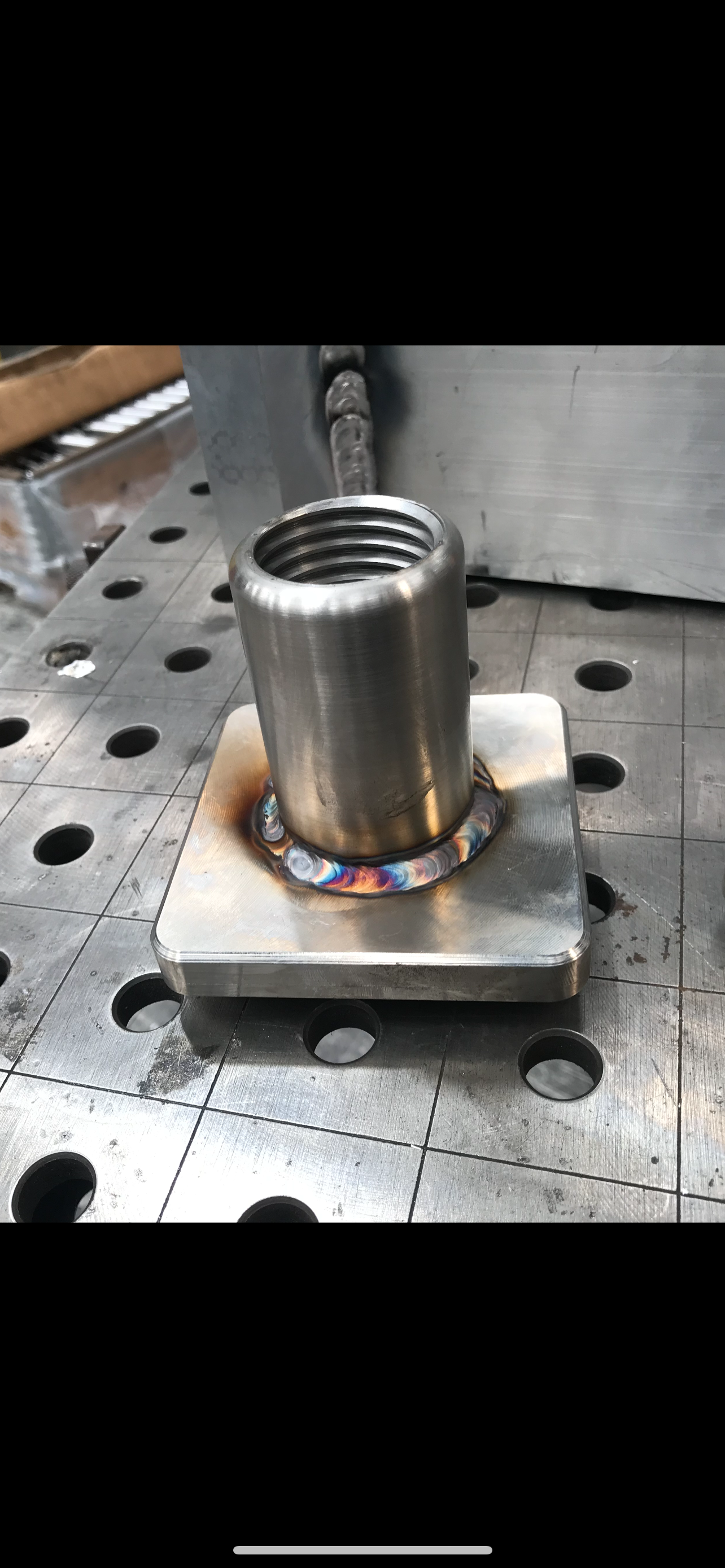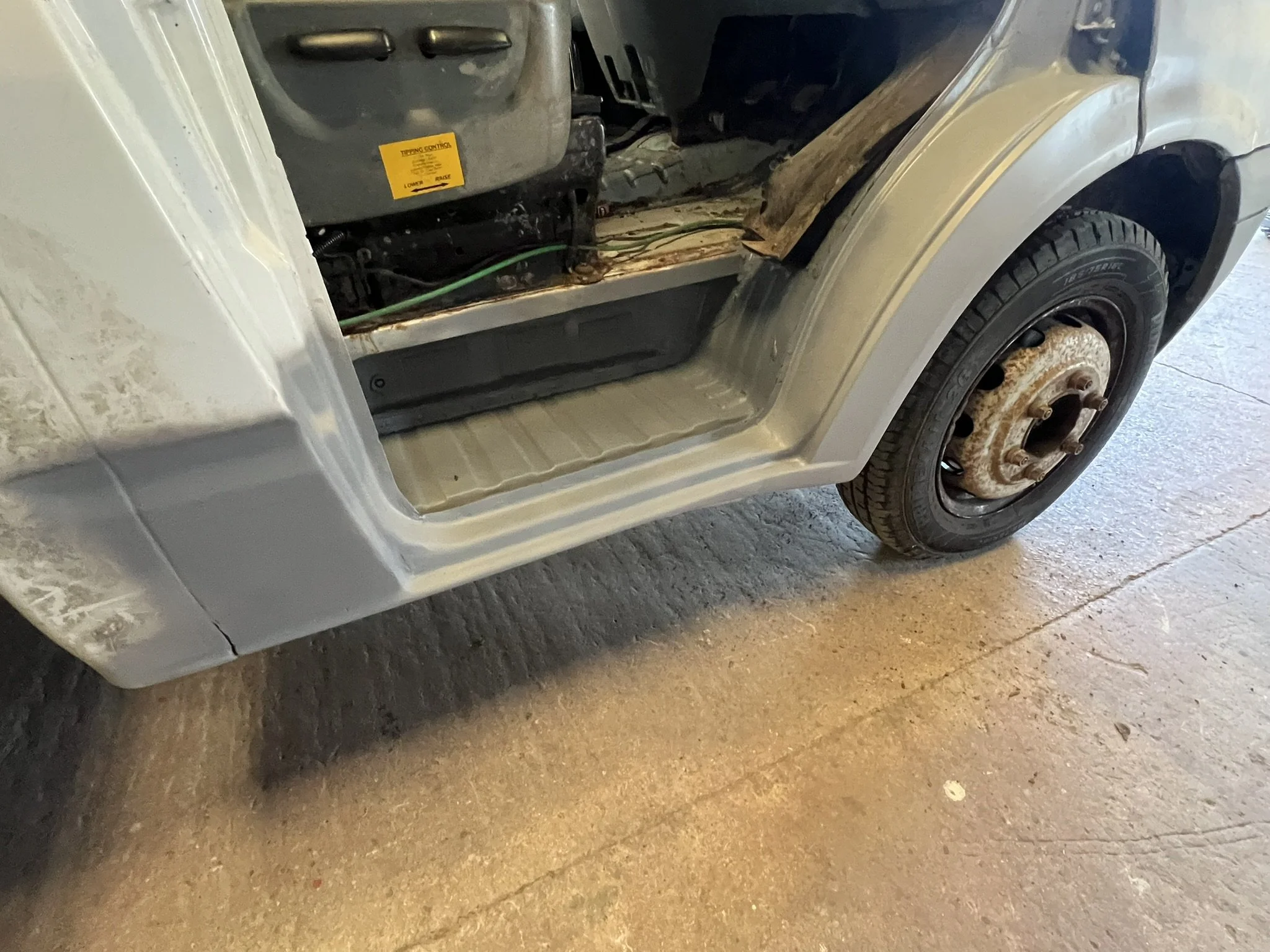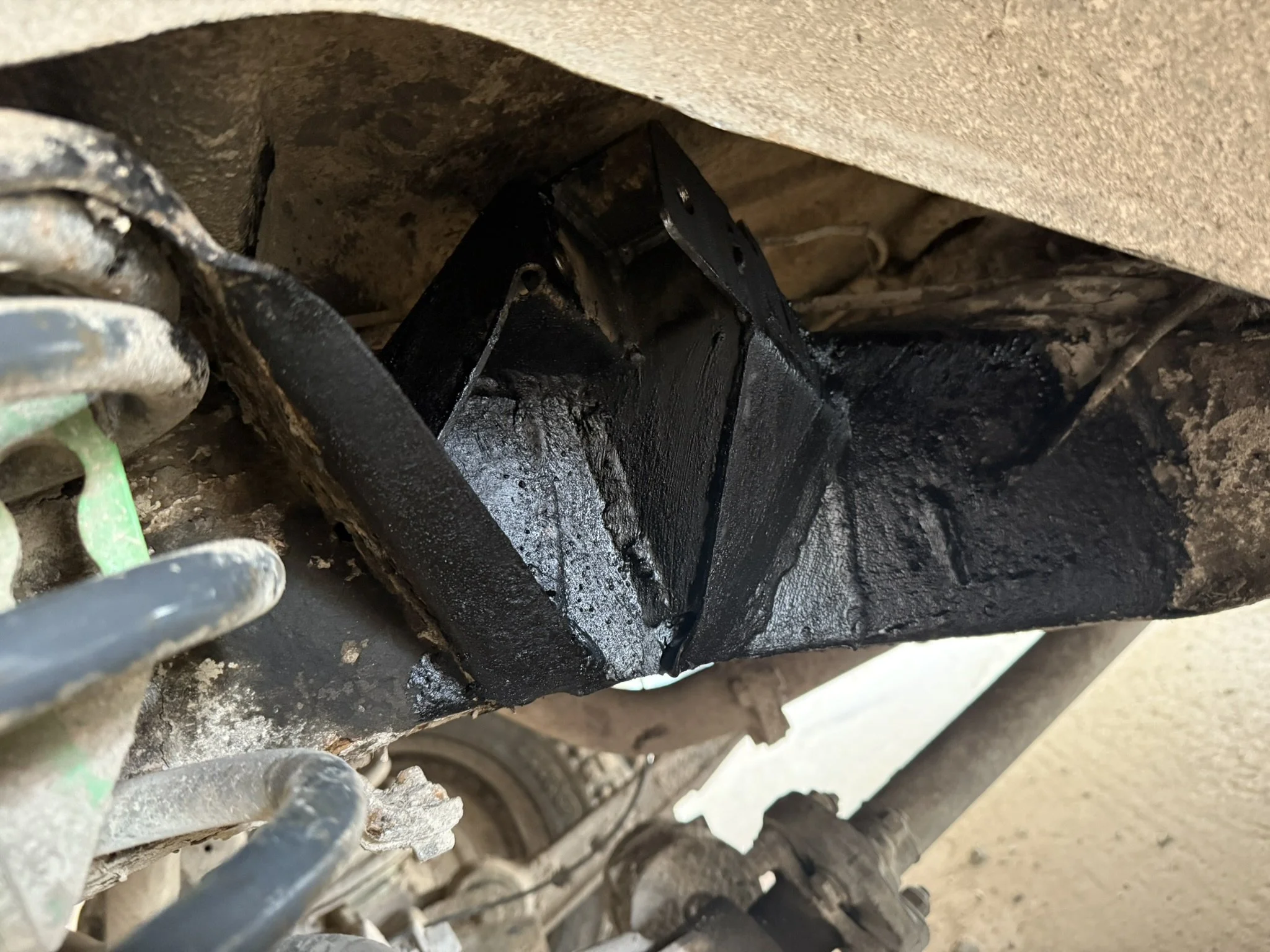Experts in engineering and anodizing…
Fast turn-around times, consistently short lead times, and high-quality components are essential for meeting project deadlines and ensuring customer satisfaction…
Our
Projects
Our
Services
-

Engineering
Milling & Turning
Design & Reverse Engineering
Sub-Contract Programming and Setting
Custom one offs
-

Anodising
Standard Anodising (Type II Sulfuric Acid)
Clear,Black,Blue,Red, Purple,Green, and Gold
Other non-standards are available please contact for more information
Hard Anodising(Type III) available to BS5599/DEF STAN 03-26 and MIL-A-8625 with typical coatings of 35-50 microns, although thicker coatings are available if required.
-

Welding & Fabrication
One off or batch work
Mig Welding
Steel, Stainless Steel and Aluminium
Tig Welding
Steels (inc Tool Steels), Stainless Steels, Aluminium , Dissimilar Welds and Titanium
Electric/ Manual Gates and Railings
Structural Steels
And much more…
-

Machinery Repairs & Maintenance
Manual Mills and Lathes
Mechanical machinery repairs
Bearings and Pulleys
Belts and chains
General Maintenance
-
Automotive Repairs and Restoration
General Repairs
MOT Failures
Welding
Full Restoration…
-
Chemical Blacking
Chemical blacking is a metal finishing process that gives ferrous metals a protective and decorative black coating. It does not change the size of the part and adds resistance to chipping and scratching. The process forms a thin metal oxide layer without changing dimensions. It works well for threaded parts and items of any shape or size.
Please get in contract for a quotation…

Ready to Anodise your products?
Anodising is an electrochemical passivation process that converts the surface of a metal into a durable, corrosion-resistant, anodic oxide finish. It is most commonly applied to aluminium, but can also be used on other non-ferrous metals like titanium and magnesium. The process involves immersing the metal into an electrolyte bath and passing an electric current through it, causing a controlled oxidation of the surface. The resulting anodic layer is integral to the underlying metal, unlike painted or plated finishes, making it highly resistant to chipping and peeling. This porous oxide layer can then be dyed in various colours before being sealed, offering both aesthetic appeal and enhanced protective properties.
What Our Clients Say




